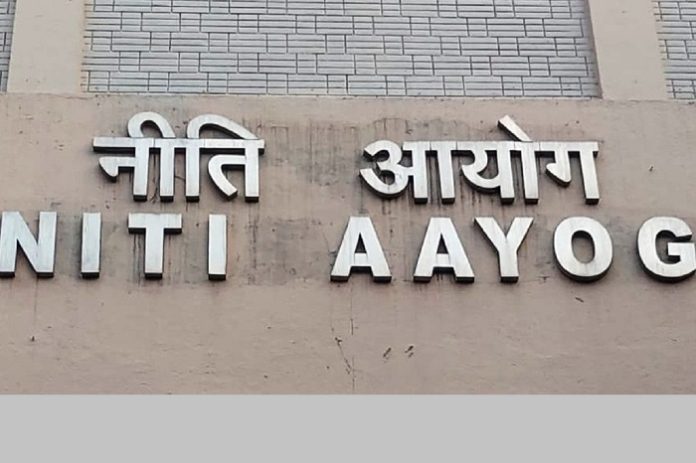NITI Aayog has proposed a regulatory framework for electric mobility even as it forecasts electric two-wheelers sales in India to jump to 22.01 million by 2031 as against 0.23 million in 2021 if demand incentives continue beyond 2024 and battery cost reduces while the power goes up due to significant improvement in technology.
“At a certain point of time in future there may be an appropriate ecosystem for enforcement of a regulation towards electric mobility or other clean transport options,” the Aayog said in its report Forecasting Penetration of Electric Two-Wheelers in India, jointly developed with TIFAC.
As per the report, released on Tuesday, improvement in technology and reduction in battery cost are crucial for self-sustenance of electric mobility which is expected to achieve 100% penetration by 2031 with a combination of technological improvement and demand incentives continuing beyond 2024.
The report forecasts that in the optimistic scenario, in which the battery cost goes down with a CAGR of 8%, the range and power of the vehicles increase by 20% by FY 2024 (due to technological progress) and demand incentives continues till FY 2031, India is expected to register sales of 22.01 million units compared to 0.23 million units sold in 2021.
In the incentive-driven scenario, in which demand incentive is assumed to continue throughout but with only 2% reduction of battery cost annually and no improvement in range and performance, the electric two-wheelers sale achieved in FY 2031 is estimated at 5.49 million units, at a market penetration of 21.86%, the report said.
However, in the challenged diffusion scenario, when most of the conditions are assumed to be unfavorable, the maximum market penetration of only 5.82% is achieved in FY 2024, which is followed by a decline due to the withdrawal of demand incentives and finally reaches 3.1% in FY 2031, it said.
This would translate into sales of 0.98 million units and 0.78 million units in financial years 2024 and 2031 respectively.
The Aayog is of the view that a shift toward electric mobility is essential for India considering the high amount of petroleum imports, its adverse impact on the trade balance, valuable foreign exchange and the environment.








